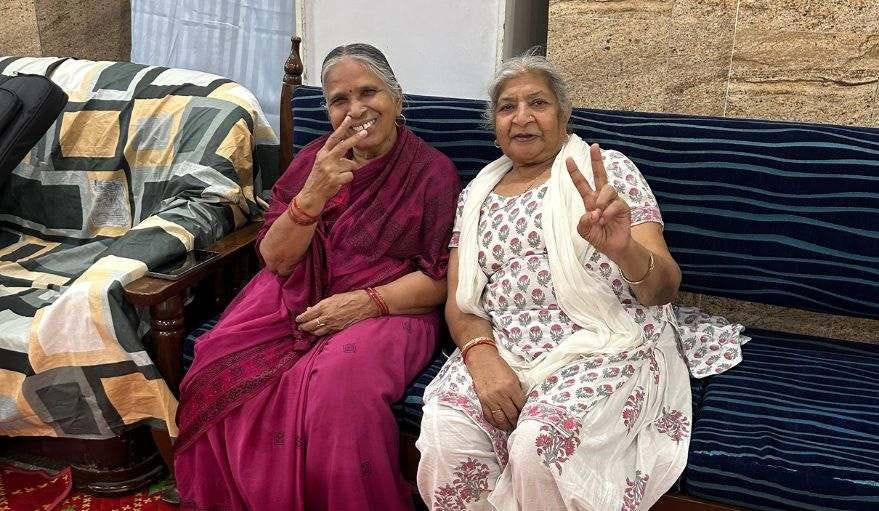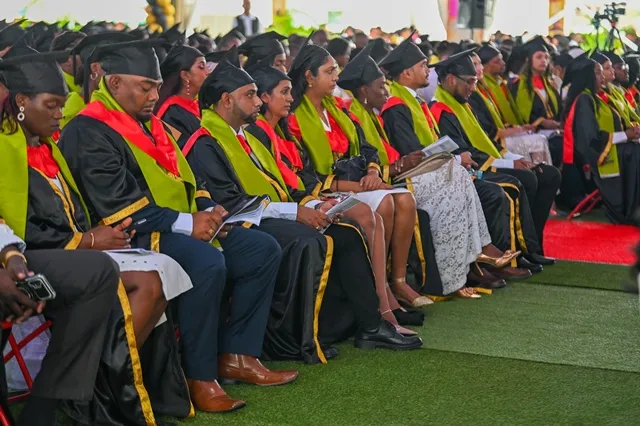The remand of 25-year-old Troy Ally, accused of orchestrating a nearly G$10 million mobile-money scam, has cast fresh light on the vulnerabilities in Guyana’s rapidly growing digital payments ecosystem.
Appearing before Chief Magistrate Sherdel Isaacs-Marcus at the Georgetown Magistrates’ Court, Ally was denied bail for a second time. The court cited concerns over flight risk and potential tampering with digital evidence. He will remain in custody until his next hearing on 27 June.
How the Fraud Allegedly Unfolded
According to police investigators, Ally posed as a vendor at Stabroek Market, luring dozens of unsuspecting customers under the guise of offering discounted goods. Using forged MMG payment screenshots, he allegedly convinced buyers that transactions were successful, when in fact they were not.
Police digital-forensics teams say they tracked 47 separate fraudulent MMG transfers linked to Ally’s mobile device. While approximately G$2 million has been recovered, most of the funds remain unaccounted for. Officers believe he exploited a delay between transaction initiation and verification, using it to reverse payments after receiving goods or services.
The Regulatory Wake-Up Call
The incident comes at a time when Mobile Money Guyana (MMG)—a popular digital payments platform operated by GTT—has seen exponential growth, with over G$400 billion in transactions processed in 2024. But with scale has come exposure.
In response to rising concerns, Bank of Guyana Governor Dr. Gobind Ganga confirmed that draft e-money regulations are in advanced stages. These will include:
-
Biometric authentication for user onboarding
-
Real-time fraud alerts for suspicious activity
-
Mandatory reversal-approval protocols for high-value transactions
These measures, once implemented, would place Guyana among the first Caribbean nations to codify such consumer safeguards in digital finance.
Government’s Response: Guardrails Without Fear
Commerce Minister Oneidge Walrond weighed in, stating the case should be seen as an isolated breach, not a systemic failure.
“We must not allow the actions of a single rogue actor to undermine confidence in digital transactions,” she said, while acknowledging the need for better consumer education and risk awareness.
The government’s broader fintech agenda—anchored in the PPP/C’s digital transformation policy—is already rolling out new protections. These include:
-
A Public Financial Literacy Portal, launching in July 2025, aimed at improving citizen awareness of digital fraud tactics
-
The formation of a Digital Payments Crime Unit within the Cybercrime Branch of the Guyana Police Force
These initiatives are part of the government’s vision to accelerate secure digital inclusion—particularly for the unbanked and underbanked population segments.
Balancing Innovation and Regulation
While the proposed regulations are being welcomed by many, fintech stakeholders urge caution. With 380,000 active MMG users, the platform has become a lifeline for microentrepreneurs, remote workers, and vendors across Guyana’s regions.
Some worry that blanket regulation could risk excluding vulnerable users or slowing transaction flows, especially in rural areas where in-person banking remains limited.
Experts suggest a tiered risk-based framework might offer a way forward:
-
Micro-payments and daily essentials could be processed with minimal friction
-
High-value or high-frequency transfers could face enhanced verification and audit trails
This “guardrails, not barriers” approach mirrors international best practices in markets like Kenya and India, where digital payments ecosystems have grown without sacrificing basic financial access.
The Bigger Picture: Growing Pains of a Cash-Lite Economy
The Troy Ally case underscores a broader tension: how to scale digital finance quickly without exposing users to fraud. As Guyana continues its leapfrog into mobile-led economic infrastructure, incidents like these serve as critical stress tests.
President Irfaan Ali’s administration has repeatedly emphasised the importance of building a cash-lite, digitally-enabled economy as part of Guyana’s economic modernisation. Mobile payments, according to policymakers, not only boost efficiency but also enhance transparency, reduce corruption, and foster formal economic participation.
Still, trust is the currency of adoption. And cases like Ally’s threaten to erode it—unless met with firm regulation, enforcement, and user education.
Bottom line: Guyana’s fintech landscape is expanding—but so are the risks. The PPP/C’s challenge is to shore up security without slowing innovation, ensuring that mobile money remains a tool of empowerment, not exploitation.
Region: National
Sources: Guyana Times, Bank of Guyana, Commerce Ministry, MMG Annual Transaction Report




